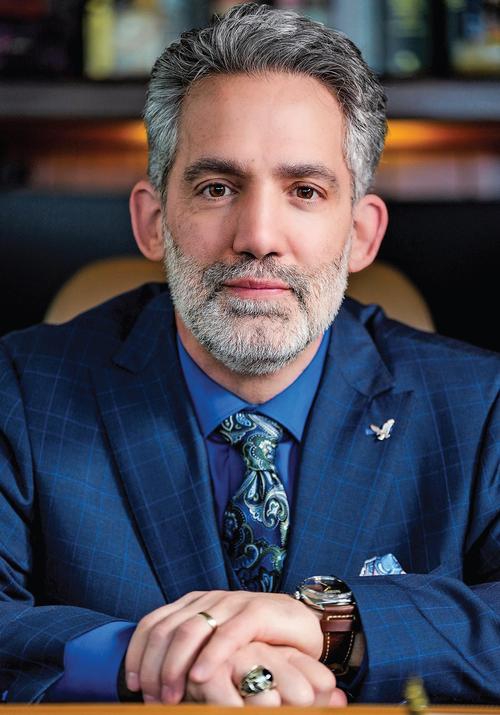Handle taxes.
Depending on the size of the estate, the state of Rhode Island and the federal government may impose estate taxes. In addition, the estate may also owe state and federal income tax or property taxes.
Distribute property.
If a will exists, probate distributes the assets according to the terms of the will. However, if a person dies without a will, probate allocates property, money, and other assets according to Rhode Island intestacy laws.
Avoiding Probate Is Possible in Rhode Island
The probate process can take a year or more—primarily because there are waiting periods and delays built into the legal system. And probate can get expensive—especially when disputes over asset distribution arise or the executor isn’t well-informed. To avoid these issues, many people choose to avoid probate altogether—or at least reduce the number of assets subject to this process. Following are some tools that can be used to accomplish this goal:
Will
Since a will works to detail a person’s wishes when they die, it gives the executor exact instructions for distribution of property and assets. By itself, a will does not necessarily mean that probate can be avoided, but it can help reduce costs by clarifying issues related to asset distribution.
Living Trust
To prevent your property from going through probate, you can create a trust—which, upon your death, designates an immediate trustee for all your assets. During your lifetime, you are the trustee of your trust. However, upon your death, a person of your choosing becomes the successor trustee and distributes property for you. Virtually any asset you have can be put into a trust, including real estate, cars, and bank accounts.
Joint Ownership
During your lifetime, you can enter into joint ownership of your assets with another person, such as your spouse. Upon your passing, the right of survivorship ensures that the property passes on smoothly to the other owner. Of course, some paperwork is involved to verify ownership, but it typically happens much more efficiently than the probate process.


 Probate is the court-supervised process for handling the affairs of a person who has died. It verifies the will, inventories the assets, pays final debts, and distributes remaining assets to the beneficiaries. Assets included in a living trust, life insurance paid to a named beneficiary, or assets held jointly with rights of survivorship are typically excluded from the probate process—other assets must go through probate.
Probate is the court-supervised process for handling the affairs of a person who has died. It verifies the will, inventories the assets, pays final debts, and distributes remaining assets to the beneficiaries. Assets included in a living trust, life insurance paid to a named beneficiary, or assets held jointly with rights of survivorship are typically excluded from the probate process—other assets must go through probate.